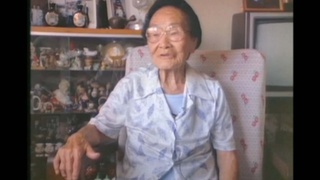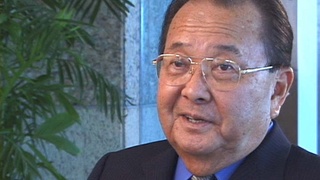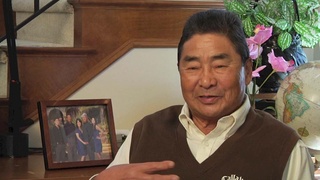Interviews
Getting a job in Honolulu
Well because I couldn’t get a job in the mainland, I interviewed about 12 different places, and I would get a nice letter, “No fault of yours, Fred, your credentials are great.” It’s like a “Dear John letter,” that says, “I love you, but I don’t want to marry you,” kind of thing. And I decided that I’m not going to get a job on the mainland. And then I got an offer, friend from Honolulu, that went to school with me at Springfield, said “there’s a job opening up, would you like it?” So I said, “hang on to that job, I’m coming, I’m coming right away.”
Date: March 4, 2005
Location: California, US
Interviewer: Florence Ochi, Art Hansen, Yoko Nishimura
Contributed by: Watase Media Arts Center, Japanese American National Museum









